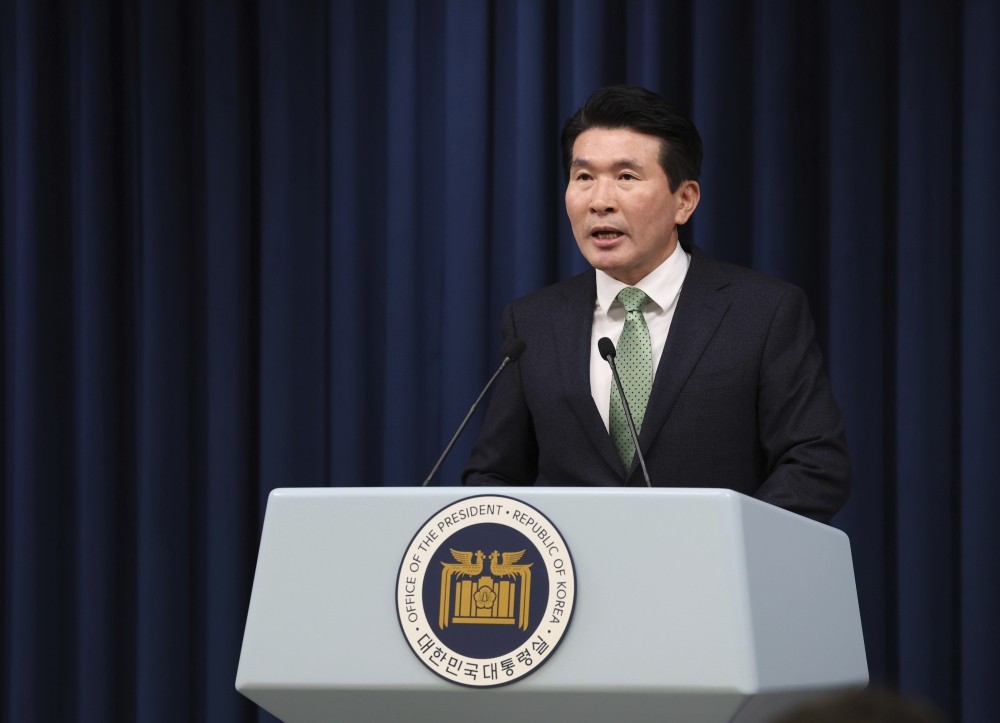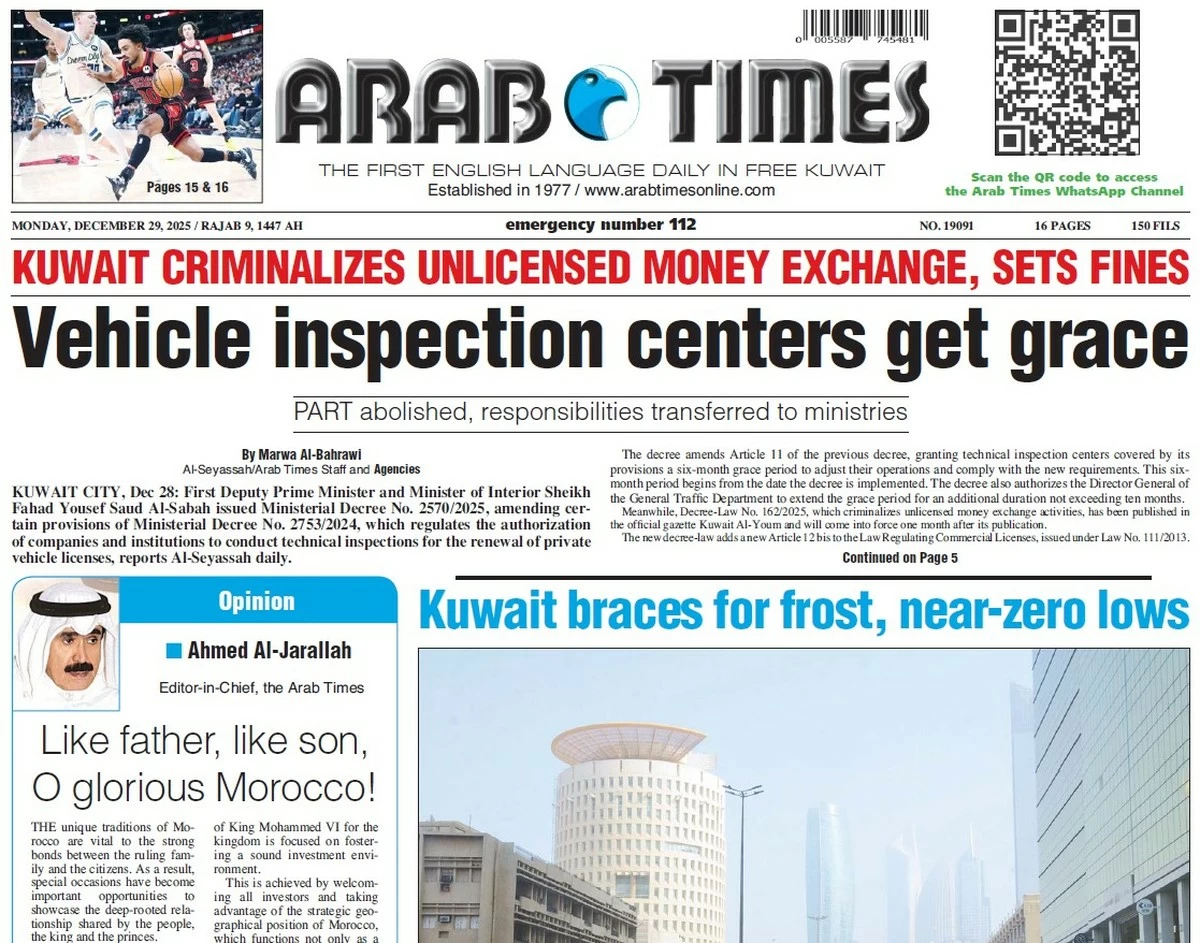22/01/2024
22/01/2024

SEOUL, South Korea, Jan 22, (AP): South Korea’s presidential office said Monday it approved a request by the country’s Truth and Reconciliation Commission to extend its term by a year through late May 2025. Investigators had been calling for more time to examine a broad range of human rights violations linked to Seoul’s past military governments, including a widespread falsifying of child origins that fueled a government-backed foreign adoption boom in the 1970s and '80s.
In granting the commission’s request for an extension, South Korean President Yoon Suk Yeol acknowledged the need to "restore the honor of those who were unjustly victimized during our past history and those who sacrificed for the sake of the country,” said Hwang Sang Moo, Yoon’s senior secretary for civil and social affairs.
The commission’s chairperson, Kim Kwang-dong, is expected to officially announce the extension after a meeting between its commissioners on Tuesday, which is seen as a formality. While Kim, under law, had the nominal authority to extend the commission’s mandate by up to a year, the decision was realistically dependent on the consent of the government, which would have to approve a budget for the extended activities.
During a news conference last month, Kim said a one-year extension of the commission’s tenure, which was originally to expire this year on May 26, would be crucial because investigators are struggling to handle the large number of cases accepted for investigation.
In describing the commission’s more challenging tasks, Kim highlighted its investigation on the cases of 367 Korean adoptees from Europe, the United States and Australia, who suspect their biological origins were manipulated to facilitate their adoptions to the West. Some have also asked the commission to look into the abuse they say they experienced at South Korean orphanages or under the care of their foreign adopters.
The commission has so far completed investigations on just about half of the 20,000 cases it accepted, which also includes cases involving Japan's violent suppression of Korean independence activists during its 1910-45 rule of the Korean Peninsula and civilian massacres before and after the 1950-53 Korean War.


